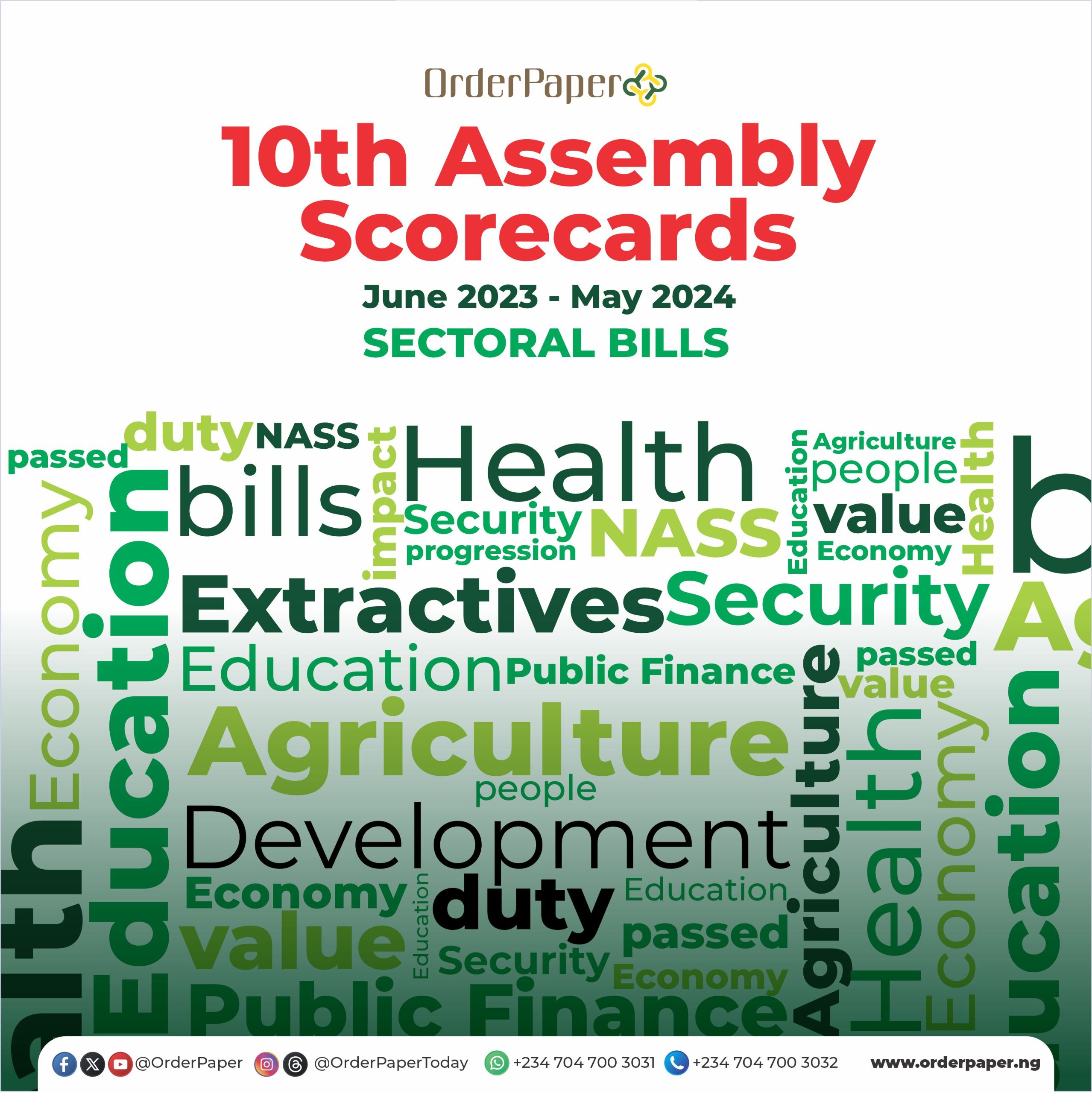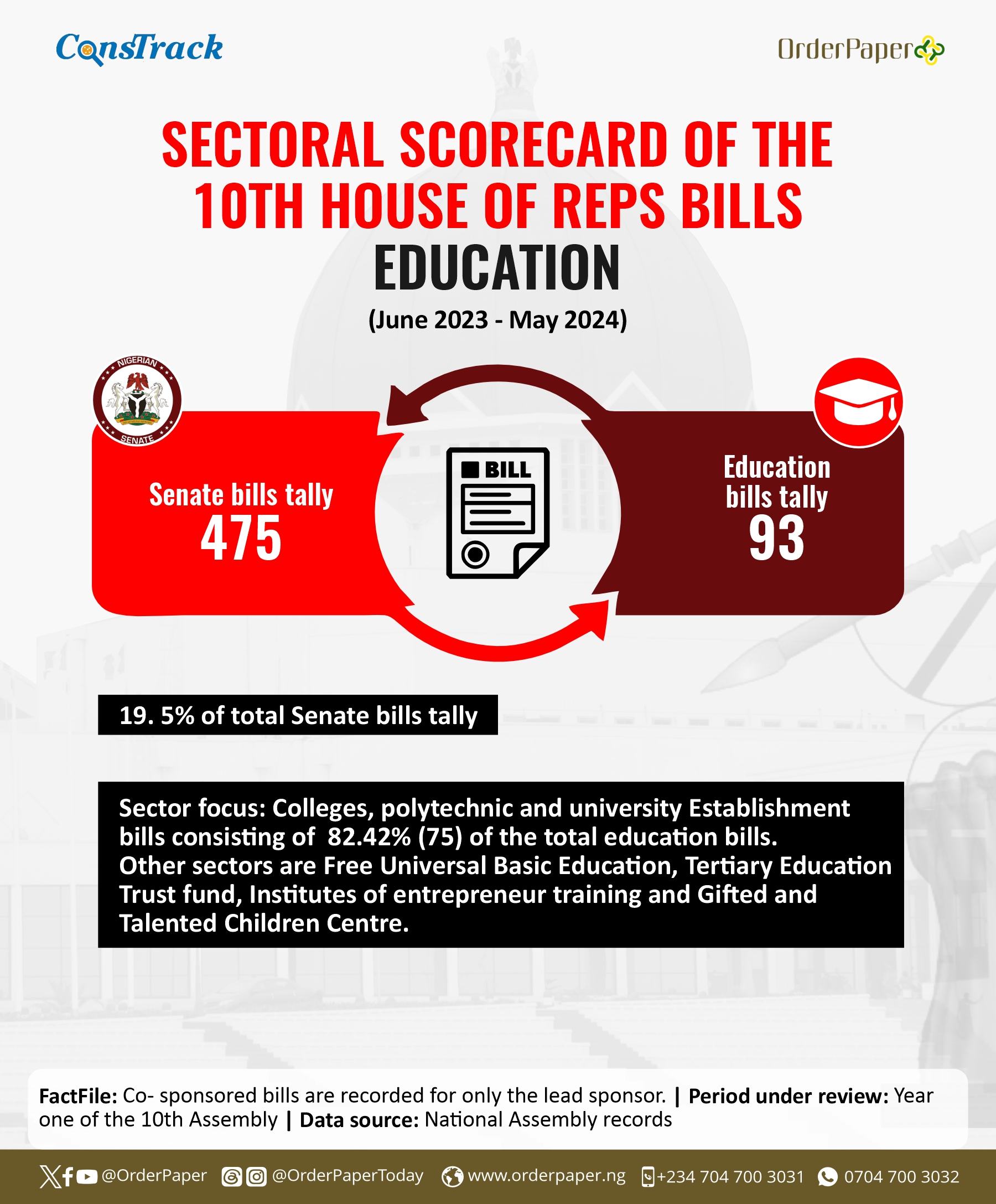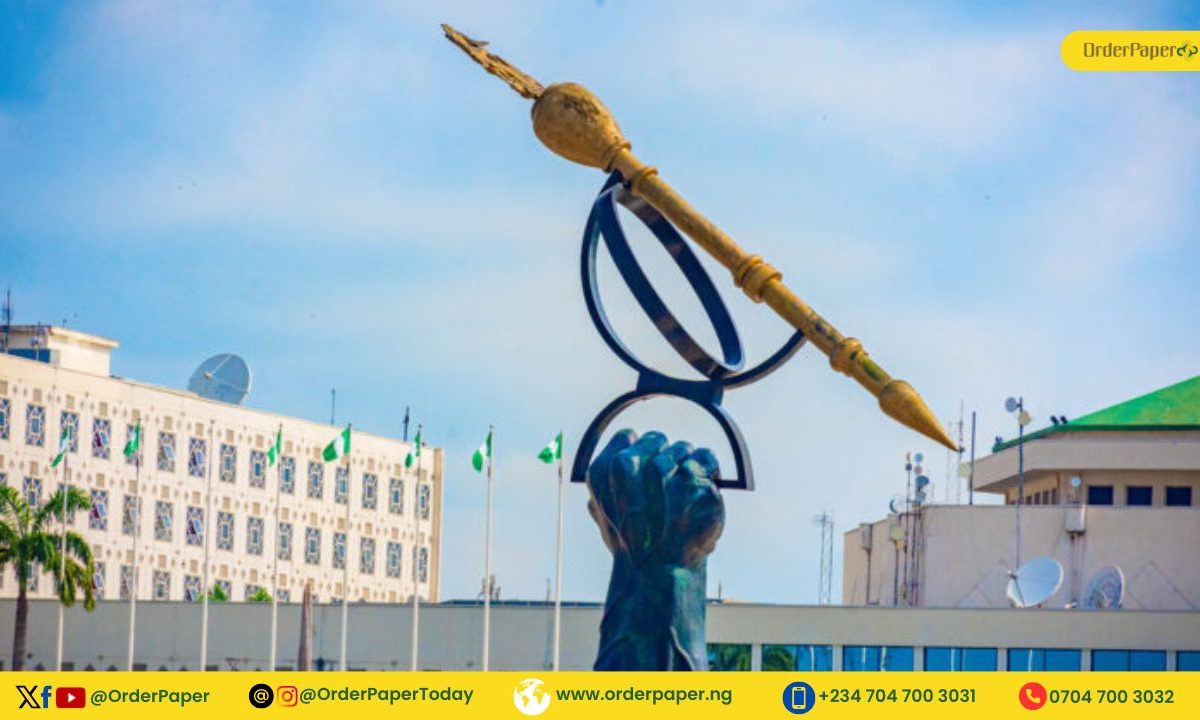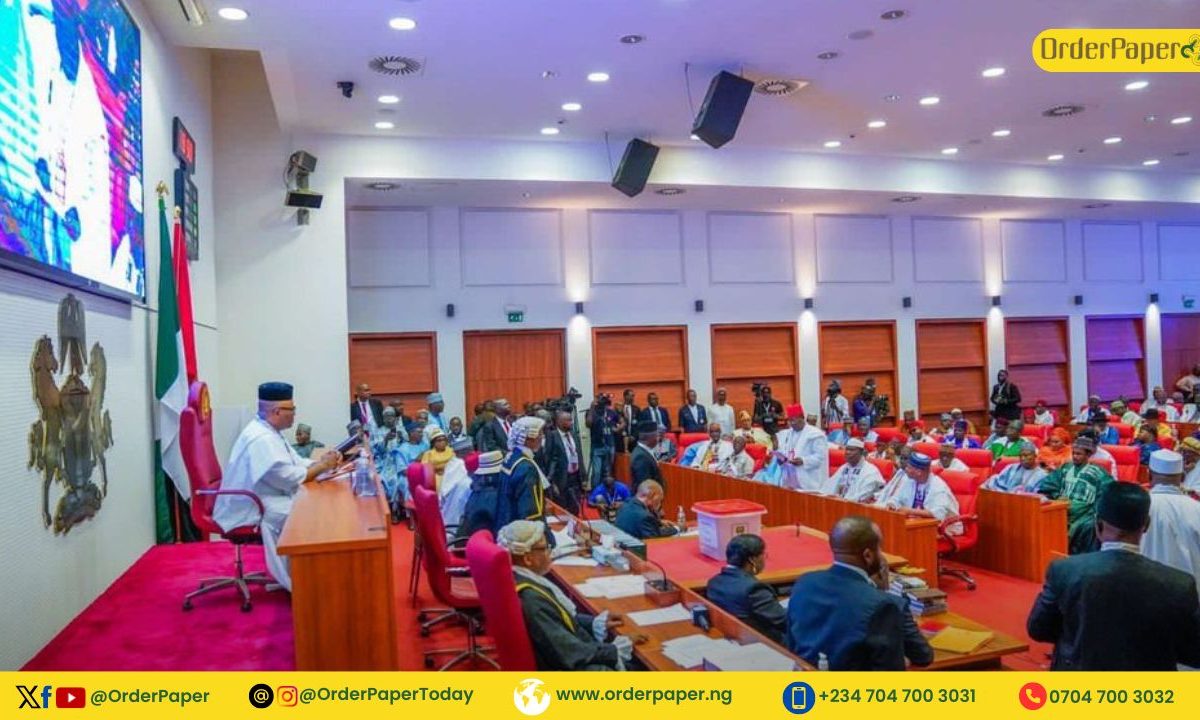
In the first year of the 10th Senate, 93 education-related bills were introduced, the highest sectorial legislative drafts which is however largely tilted towards creating institutions.

Most of the 93 education-related bills introduced in the first year of the 10th senate were establishment proposals focused on setting up new institutions, colleges, and universities. While the some focused on free universal basic education, and tertiary education trust funds – these bills fail to address the systemic challenges already plaguing the country’s educational system. Instead of strengthening and improving the institutions that already exist, the focus has been on creating new establishments, many of which may suffer from the same issues.

Nigeria’s educational system is marred by crumbling infrastructure, underpaid and striking educators, and outdated curricula. The ‘japa’ movement, whereby thousands seek quality education abroad, underscores the domestic education system’s inadequacies. Rather than implementing meaningful reforms to revitalize the sector, the senate appears to pursue short-term solutions that inadequately address the root causes of Nigeria’s educational crisis.
Nigeria’s education spending remains markedly below the recommended international benchmark of 15-20 percent of the national budget. Instead of introducing bills aimed at establishing schools—thereby concentrating on quantity over quality—the 10th senate should be prioritizing the strengthening and reforming of existing institutions.
A well-educated populace is crucial for national prosperity, and it is imperative that the senate takes decisive action to uplift Nigeria’s educational system.
10th NASS Report Card: Read up on the performance of other senators and members of House and other specialized categories here



